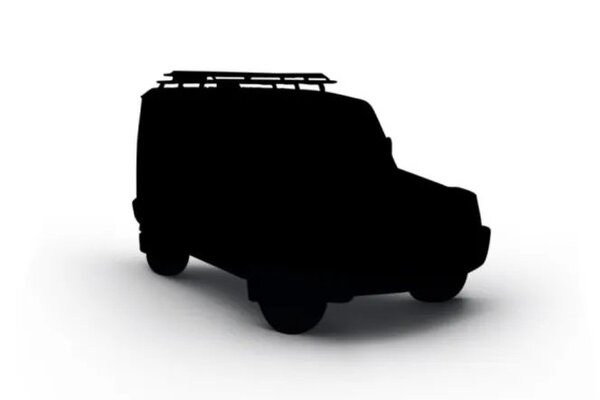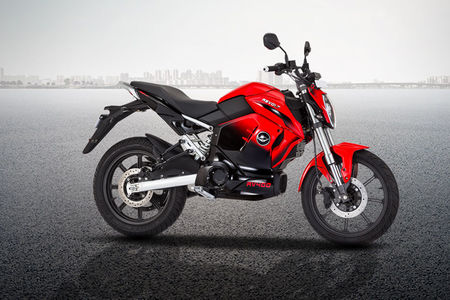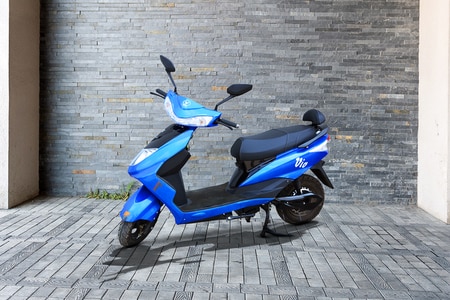Coronavirus: Donald Trump baffles Ford, GM over masks they’re willing to make
- 'You’re not going to take a car-assembly line and start making ventilators on it,' said one of them.
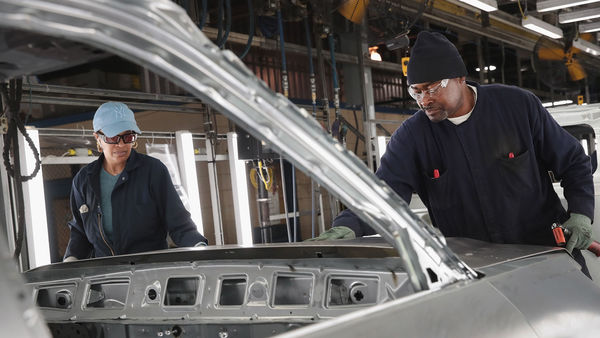

President Donald Trump caused consternation in Washington, Detroit and beyond when he tweeted on Sunday that he had given automakers the “go ahead" to start producing ventilators and other equipment desperately needed in the coronavirus pandemic.
No one seemed to know what this pronouncement meant.
What is clear, though, is that companies were already racing to try to determine how -- or if -- they could contribute. And that they recognize there will be no easy switch-over to manufacture something like a ventilator, which pumps oxygen into a Covid-19 patient’s lungs and removes carbon dioxide through a hose.
Also check these Vehicles
General Motors Co. said Monday that it’s exploring the feasibility of building ventilators for Ventec Life Systems Inc. at a GM parts plant in Indiana. GM recently started working with Ventec to try to boost its output of the equipment.
“You’re not going to take a car-assembly line and start making ventilators on it," said Carla Bailo, chief executive officer of the Center for Automotive Research in Ann Arbor, Michigan. “It won’t make sense."
But an industry with engineering might and a deep field of parts suppliers could help alleviate the stark shortage of medical devices across America. Automakers are working to see if they can orchestrate provisional manufacturing of ventilators in as soon as two weeks.
“It’s more or less getting an army together to get all the different parts and then you can set-up a makeshift assembly line," Bailo said.
Automakers have 3D printers and the technical expertise to use them to make components. They have “clean rooms" in some plants that could be elevated to meet Food and Drug Administration standards and Tyvek suits used in paint shops that could be re-purposed, said a person familiar with the Detroit automakers’ preparations to help with ventilator production who asked not to be identified revealing internal deliberations.
Swat teams have been assembled to tackle the question of how to proceed, Bailo said, adding that “the key will be making sure they have the right sanitary conditions."
That’s one hurdle. “Ventilator manufacturing is a complex process that relies on a skilled and specialized workforce, an interconnected global supply chain and a rigorous regulatory regime to ensure patient safety," said John Jordan, a spokesman for Medtronic Plc, which assembles ventilators in Galway, Ireland.
Trump could, with the Defense Production Act, order the U.S. private sector to marshal its resources to attack the scarcity and provide financing via government contracts. For now, Trump said at a Sunday press conference, companies are responding without having to be forced.
“The beauty is, they are calling us," he said, citing GM and Ford Motor Co. and their interest in working on ventilators. “We have the threat of doing it if we need it. We may have to use it somewhere along the supply chain in a minor way."
Groups representing hospitals and medical professionals issued pleas for the act to be employed in full force.
“There are dwindling supplies," the American Hospital Association, the American Medical Association and the American Nurses Association said in a March 21 letter to the president. “As Covid-‐19 continues to spread throughout the country, these supplies are urgently needed to care for our patients and communities."
In Canada, the government has said it will help the country’s auto sector shift gears to medical supplies. “Our health care professionals really need support, so our government will help these companies shift production," Prime Minister Justin Trudeau said.
Using permanently shuttered North American capacity -- such as GM’s facilities in Oshawa, Ontario -- makes the most sense because there would be no cost incurred switching the production lines back when the crisis is over, said Jerry Dias, national president of the labor union Unifor.
“The skill base between an assembly plant and an auto parts plant is negligible," Dias said. “There’s a lot of empty plants. Let’s use them."
Dias said he hoped to raise the ventialor issue Monday with representatives of Ford, GM and Chrysler. “We need to have a discussion right now," he said. “All we need is some direction."
The U.S. automakers have signaled that they are committed to an emergency effort. “It’s all hands on deck in many areas," Bailo said. And there are some sweet spots on the line of what car production involves. “If you think about the hoses, there are hoses all over a car, supplied by various manufacturers, or even vacuum cleaner companies. They could start making the ventilator hoses."
Hooking Up
GM’s collaborative venture with Ventec is allowing that company to increase output. “Ventec is now planning exponentially higher ventilator production as fast as possible," GM said in a statement Monday. Ford said it is moving fast and has had preliminary discussions with the U.S. and U.K. governments, without offering specifics.
Medtronic, which has said it’s doubling its output capacity, has been in contact with electric-car maker Tesla Inc. “Medtronic will work with Tesla and others to try and solve this ventilator supply challenge," Rob Clark, a spokesman for Dublin-based Medtronic, said by email last week, without providing details.
Elon Musk, the CEO of Tesla and SpaceX, tweeted last week that his companies “will make ventilators if there is a shortage." He also said that “I think they probably won’t be needed."
Philips Targets Four-Fold Increase in Output of Ventilators
That seems clearly not to be the case. Michigan Governor Gretchen Whitmer said Sunday on Fox News. “We anticipate an incredible need for ventilators, just as every other state is anticipating."
On Sunday, Musk tweeted ventilators “should arrive within a few days," without specifying what role, if any, his companies are playing in making them.







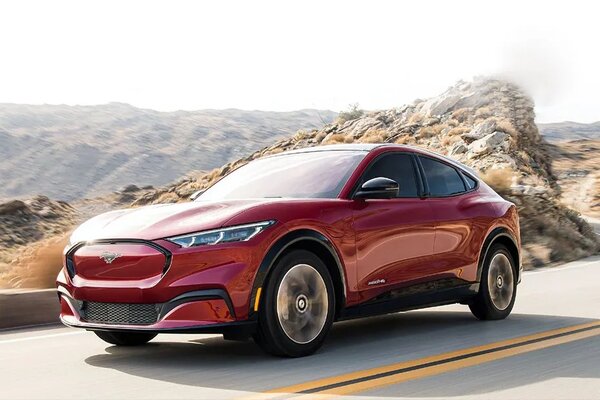

 2596.0 cc
2596.0 cc Diesel
Diesel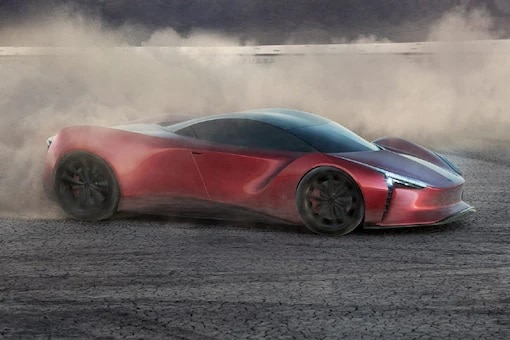
 120 Kwh
120 Kwh 700 km
700 km